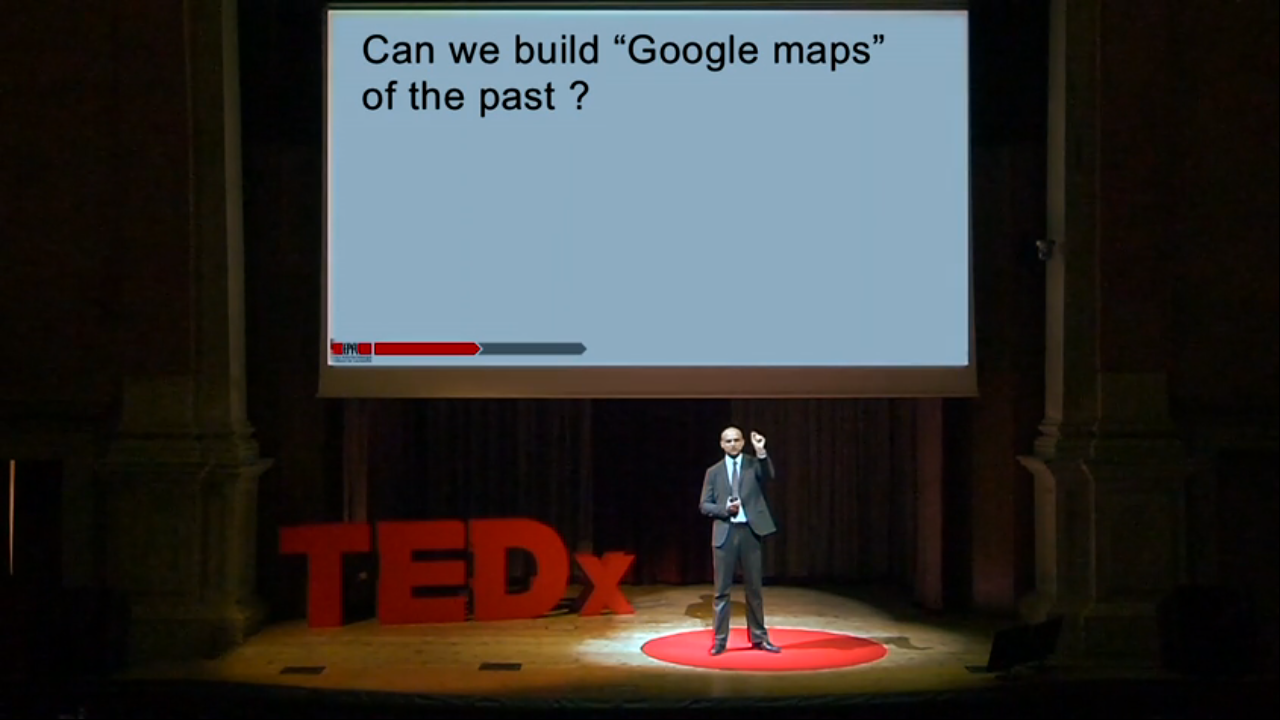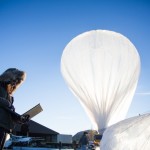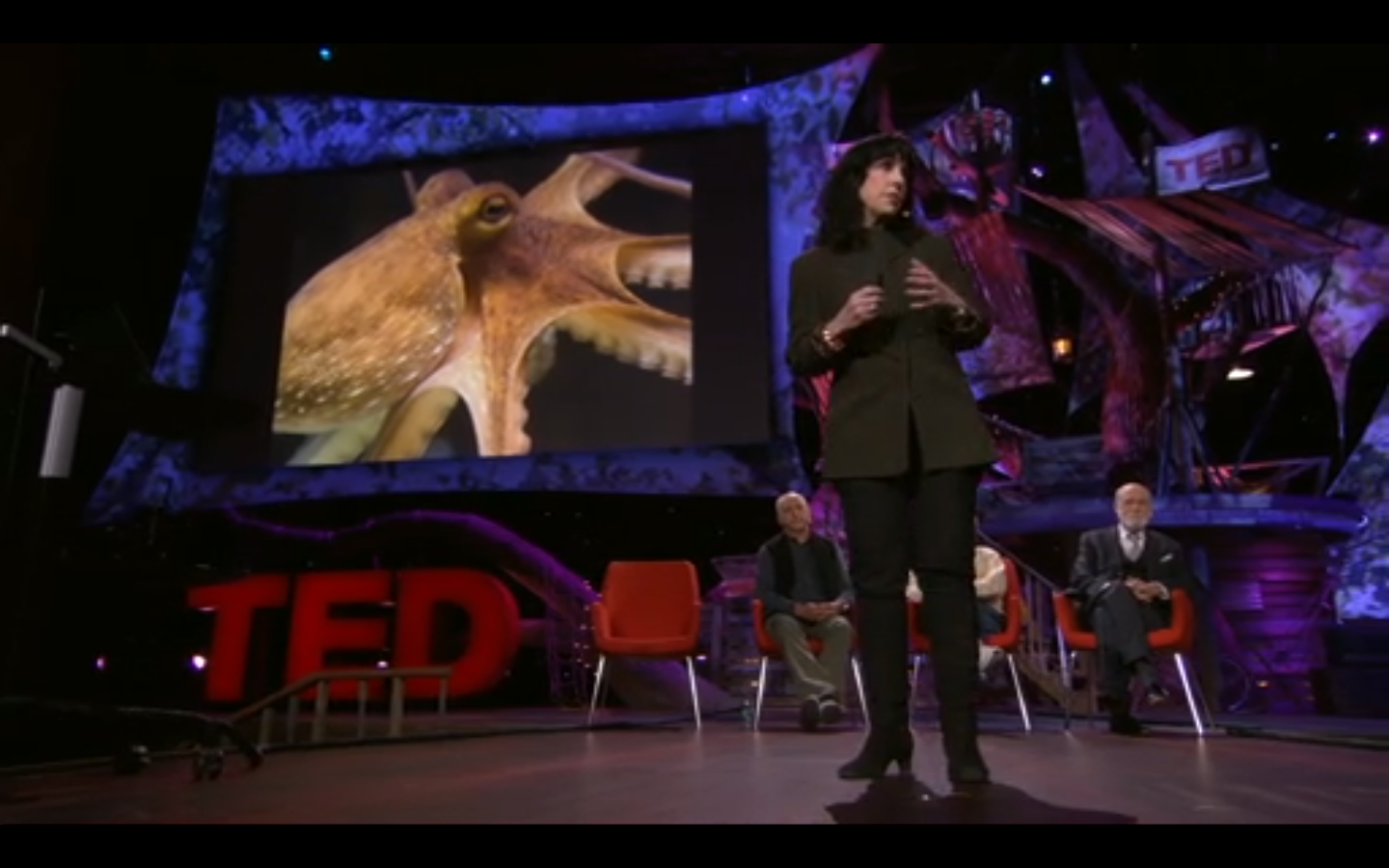 Predicting the future isn’t easy—especially when it’s coming so fast. But people still try. Which of these expert predictions about the Internet’s future ring true to you?
Predicting the future isn’t easy—especially when it’s coming so fast. But people still try. Which of these expert predictions about the Internet’s future ring true to you?
huffingtonpost.com/2014/03/11/heres-what-the-internet-c_n_4943051.html
Category: -Inventing the Future
 In the last few years we’ve become accustomed to Google Earth and similar apps that give us the power to “go” almost anywhere in a matter of seconds. Massive geographical databases put the world at our fingertips. In this TED talk Frederic Kaplan describes a research project that adds another dimension—time—to our search capabilities. How long will it be before your phone is a digital time machine?
In the last few years we’ve become accustomed to Google Earth and similar apps that give us the power to “go” almost anywhere in a matter of seconds. Massive geographical databases put the world at our fingertips. In this TED talk Frederic Kaplan describes a research project that adds another dimension—time—to our search capabilities. How long will it be before your phone is a digital time machine?
ted.com/talks/frederic_kaplan_how_i_built_an_information_time_machine.html
 If you live in a city, you probably take the Internet for granted. It’s always on, everywhere you go. But for many people in sparsely populated areas, the Internet is out of reach. In this Wired article, Steven Levy describes how Google is experimenting with a system that delivers the Internet to these people using balloons.
If you live in a city, you probably take the Internet for granted. It’s always on, everywhere you go. But for many people in sparsely populated areas, the Internet is out of reach. In this Wired article, Steven Levy describes how Google is experimenting with a system that delivers the Internet to these people using balloons.
wired.com/business/2013/06/google_internet_balloons/all
T he Internet was conceived as a way of connecting computers, but its inventors quickly realized that the Internet was a way of connecting people. Now one of those founders, Vint Cerf, is working with Peter Gabriel, Diana Reiss, Neil Gershendfeild, and others to bring dolphins, bonobos, elephants, and other species into the Internet community. This TED talk gives us a peek at the early stages of a research project that could profoundly change our relationship with non-human inhabitants of our planet—and possibly other planets.
he Internet was conceived as a way of connecting computers, but its inventors quickly realized that the Internet was a way of connecting people. Now one of those founders, Vint Cerf, is working with Peter Gabriel, Diana Reiss, Neil Gershendfeild, and others to bring dolphins, bonobos, elephants, and other species into the Internet community. This TED talk gives us a peek at the early stages of a research project that could profoundly change our relationship with non-human inhabitants of our planet—and possibly other planets.
ted.com/talks/the_interspecies_internet_an_idea_in_progress.html
The smart phone in your pocket is a computer that’s much more powerful and easy to use than the mainframes of yesterday. But if this research project pans out, that phone may eventually be a replaced by a small patch on the back of your hand.
fastcodesign.com/1672217/stamp-on-circuits-could-put-your-phone-on-your-finger
We’ve heard about how 3D printers can be used to manufacture toys, small machine parts, and even some prosthetic devices for human bodies. But as applications emerge, so do some difficult questions.
- According to this Wired story, a printed car might soon share the road with you. But for legal reasons, it might technically be a motorcycle.
- This NPR story explores some of the intellectual property questions raised by 3-D printers.
- It’s one thing to print a figurine of a copyrighted comic book character; printing a lethal weapon is something else altogether.
This NPR story explains how 3-D printers muddy the waters in the debate over gun safety.
Just as the mouse made the command-line interface of early PCs seem primitive, the touch screen may soon put the mouse out of a job. But after you see this short video, you may think that even the touch screen is old-fashioned. Once again, science fiction points the way to future technology.
wired.com/gadgetlab/2013/01/leap-motion-asus
Many of our biggest technological breakthroughs have their roots in science fiction. This Wired piece, and the book that inspired it, explores the SciFi/Tech link with several real-world examples. What futuristic ideas are likely to graduate into everyday tech over the next decade?
Personal robots are coming. This fascinating NPR story gives an audio peek inside the labs that are working hard to bring robots to everyday people.
wbur.org/npr/155278207/you-know-you-want-one-personal-robots-not-ready-for-you-yet
Computers generally sense human movements by seeing or feeling it. But this Microsoft research project suggests that your devices may soon be able to hear your gestures through ultrasonic waves.
mashable.com/2012/05/07/gesture-control-system-sound/